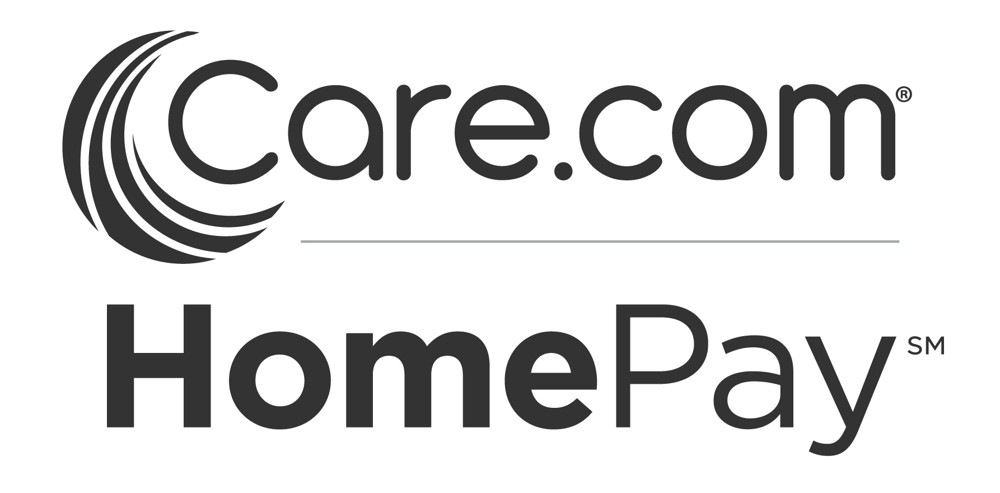
How to Buy or Sell Your Home During COVID-19
Here's how your family can safely and smartly buy or sell a home during COVID-19, while avoiding some common mistakes.

Here's how your family can safely and smartly buy or sell a home during COVID-19, while avoiding some common mistakes.



Seaford, NY The Hagedorn Little Village School, Jack Joel Center for Special Children (HLVS) is a publicly funded, not-for-profit school highly regarded for provi...
.jpg)
Nanuet, NY Wallauer is the largest Benjamin Moore paint, hardware, and decorating retailer with 15 locations across Westchester, Putnam, and Rockland Counties. ...

Austin, Texas When you hire a sitter, nanny, senior caregiver, housekeeper, or another household employee, it's important to understand how payroll & taxes work, as...

Bankers Life is the primary subsidiary of CNO Financial Group, Inc. (itself formerly Conseco, Inc until 2010). The company was established in 1879 in ...